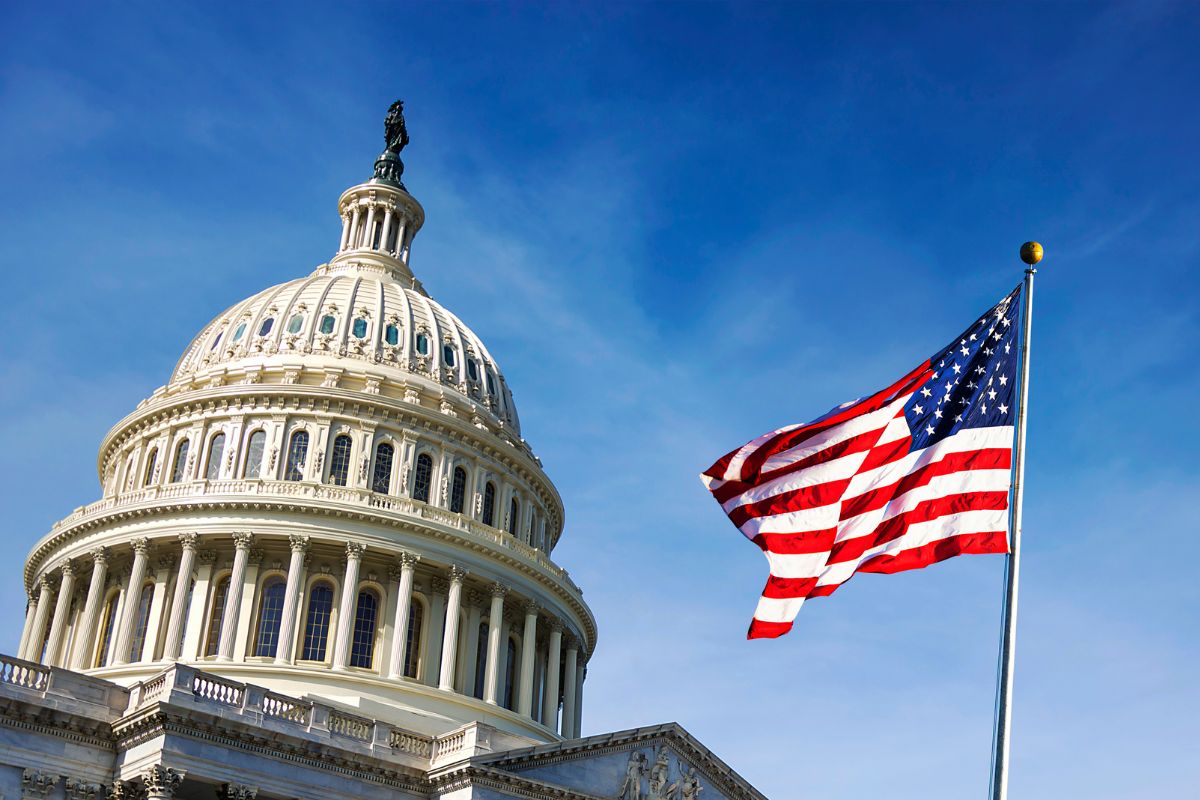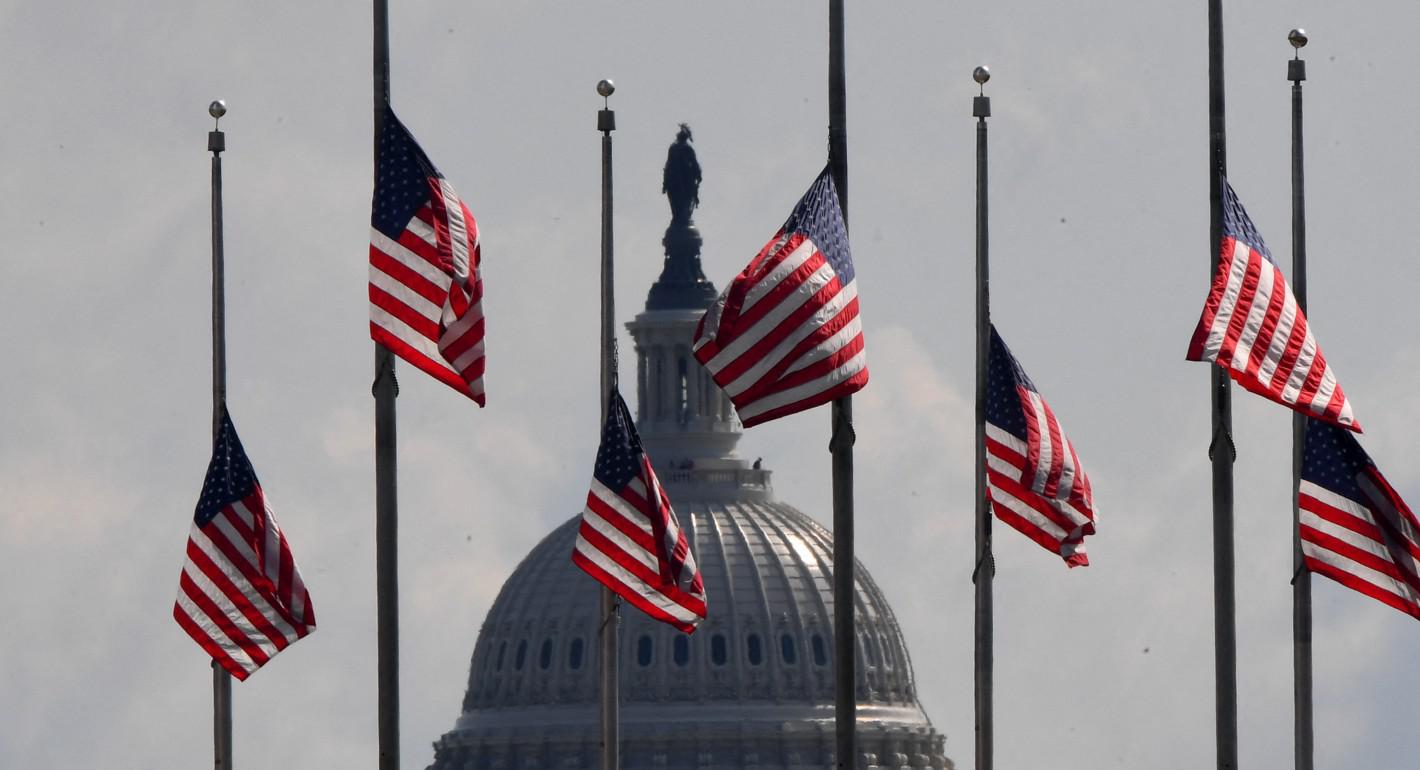Political parties are fundamental to the functioning of democratic governance. They act as key players in shaping policy, mobilizing voters, and providing a framework for political debate and decision-making. Understanding the impact of political parties on democratic governance is crucial for comprehending how democracies operate and evolve. This blog explores the various ways in which political parties influence democratic systems, their roles and functions, and the implications for governance.
1. Shaping Policy and Legislation
Overview: Political parties play a central role in shaping public policy and legislation. They formulate policy platforms based on their ideologies and priorities, which guide their legislative agendas once in power.
Impact:
- Policy Formulation: Parties develop policy proposals that reflect their ideological stances and address the needs and concerns of their constituencies.
- Legislative Agenda: The party or coalition with the majority in the legislature influences the legislative agenda, determining which issues are prioritized and how laws are crafted and enacted.
- Checks and Balances: Opposition parties contribute to the policy-making process by providing alternative proposals and scrutinizing the government’s actions.
2. Mobilizing Voters and Shaping Public Opinion
Overview: Political parties are instrumental in mobilizing voters and shaping public opinion. They engage in campaigns to persuade voters, disseminate information, and rally support for their candidates and policies.
Impact:

- Voter Mobilization: Parties organize campaigns, rallies, and outreach efforts to increase voter turnout and support for their candidates.
- Public Discourse: By framing issues and presenting policy solutions, parties shape public discourse and influence how voters perceive and prioritize various issues.
- Media Influence: Parties use media platforms to communicate their messages, respond to criticisms, and engage with the electorate.
3. Providing Political Representation
Overview: Political parties serve as a mechanism for political representation, linking citizens’ interests and concerns with the political system. They offer voters choices based on differing ideologies and policy preferences.
Impact:
- Representation of Interests: Parties represent diverse interests and viewpoints within society, providing voters with options that align with their values and priorities.
- Accountability: Elected officials from political parties are held accountable to their party’s platform and the electorate, influencing their decisions and actions in office.
- Feedback Mechanism: Parties gather feedback from their constituents and use it to refine their policies and positions.
4. Influencing Governance Structures and Processes
Overview: Political parties influence the structures and processes of governance, including the organization of government institutions, the formation of coalitions, and the conduct of elections.
Impact:
- Government Formation: In parliamentary systems, parties play a key role in forming governments, either through majority control or coalition agreements.
- Electoral Systems: Parties often influence electoral reforms and changes to voting systems, which can impact how representation and power are distributed.
- Administrative Roles: Parties may also affect the appointment of key government officials and the functioning of administrative agencies.
5. Contributing to Political Stability and Change
Overview: Political parties contribute to both political stability and change. They can stabilize democratic systems by providing structured competition and governance, or they can drive change by advocating for reforms and new policies.
Impact:
- Stability: Established parties contribute to political stability by providing a predictable and organized framework for governance and opposition.
- Change: Parties can drive political change by challenging the status quo, advocating for reforms, and introducing new policies that address emerging issues and shifts in public opinion.
Challenges and Criticisms
While political parties play a crucial role in democratic governance, they also face challenges and criticisms, including:
- Partisanship: Intense partisanship can lead to polarization and gridlock, hindering effective governance and policy-making.
- Corruption: Parties may be susceptible to corruption, which can undermine public trust and democratic integrity.
- Lack of Representation: Some parties may fail to adequately represent marginalized groups or address the diverse needs of the electorate.
Conclusion
Political parties are integral to the functioning of democratic governance. They shape policy, mobilize voters, and influence the structures and processes of governance. While they contribute to the strengths of democratic systems, they also face challenges that can impact their effectiveness and public perception. Understanding the role of political parties helps to appreciate their impact on democracy and the ongoing efforts to enhance democratic governance.

